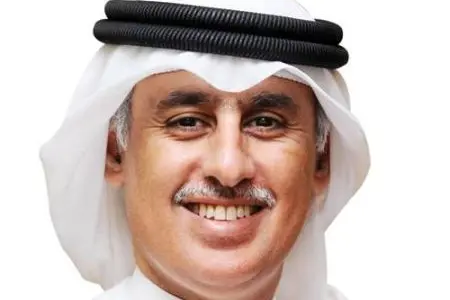PHOTO
Manama, Bahrain: The Kingdom of Bahrain, represented by the Bahrain Tourism and Exhibitions Authority (BTEA), is preparing to host the 109th session of the United Nations World Tourism Organization (UNWTO) Executive Council, which will be held between October 30th and November 1st at Art Rotana Hotel in Amwaj.
The Executive Council will be discussing several topics on the agenda that are related to the development of the global tourism sector including the Secretary- General’s report and general programme of work, the UNWTO’s financial report for the period ended 30 June 2018 and the Organization’s budget.
Members of the Executive Council will also discuss the Organization’s focus and plans to drive innovation and transformation in the tourism industry by 2030, identifying key priorities for the development of the world tourism over the next two years.
In addition, the session will review the progress on the Joint Inspection Unit (JIU) recommendations, and the associate members will elect the Executive Vice President of the Executive Board for 2019.
“We look forward to hosting the 109th session of UNWTO Executive Council; our participation comes as a part of our commitment as active members of the UNWTO Commission for the MiddleEast. We aim to contribute significantly to the development of additional partnerships and strengthen cooperation among the council members to achieve the best results,” said the Minister of Industry, Commerce and Tourism, H.E. Mr. Zayed bin Rashid Al Zayani.
“The UNWTO will focus on five pillars in the coming period including innovation, digital transformation, investments and entrepreneurship, education and employment, safe, secure and seamless travel in addition to social, cultural and environmental sustainability. This will lead to the creation of new job and business opportunities, an increase of investments in tourism, and enhanced competitiveness and sustainability within the sector,” he added.
The Kingdom of Bahrain, represented by the BTEA, was selected as member of the UNWTO Executive Council for the period 2018-2021. This selection comes as a result of the BTEA’s efforts towards developing the tourism sector on a local level, as well as the Kingdom’s capability to represent the Middle East region in terms of tourism developments.
The Executive Council is considered the world’s top tourism executive body with 32 members representing the six regions of the world.
The UNWTO was established in 1975 and is based in the Spanish capital of Madrid. It is concerned with countries’ political affairs in terms of tourism and produces statistics on tourism demand and supply worldwide. Its membership includes 145 countries, comprises six regions, and 350 Affiliate Members representing the private sector, educational institutions, tourism associations and local tourism authorities.
-Ends-
© Press Release 2018Disclaimer: The contents of this press release was provided from an external third party provider. This website is not responsible for, and does not control, such external content. This content is provided on an “as is” and “as available” basis and has not been edited in any way. Neither this website nor our affiliates guarantee the accuracy of or endorse the views or opinions expressed in this press release.
The press release is provided for informational purposes only. The content does not provide tax, legal or investment advice or opinion regarding the suitability, value or profitability of any particular security, portfolio or investment strategy. Neither this website nor our affiliates shall be liable for any errors or inaccuracies in the content, or for any actions taken by you in reliance thereon. You expressly agree that your use of the information within this article is at your sole risk.
To the fullest extent permitted by applicable law, this website, its parent company, its subsidiaries, its affiliates and the respective shareholders, directors, officers, employees, agents, advertisers, content providers and licensors will not be liable (jointly or severally) to you for any direct, indirect, consequential, special, incidental, punitive or exemplary damages, including without limitation, lost profits, lost savings and lost revenues, whether in negligence, tort, contract or any other theory of liability, even if the parties have been advised of the possibility or could have foreseen any such damages.




















